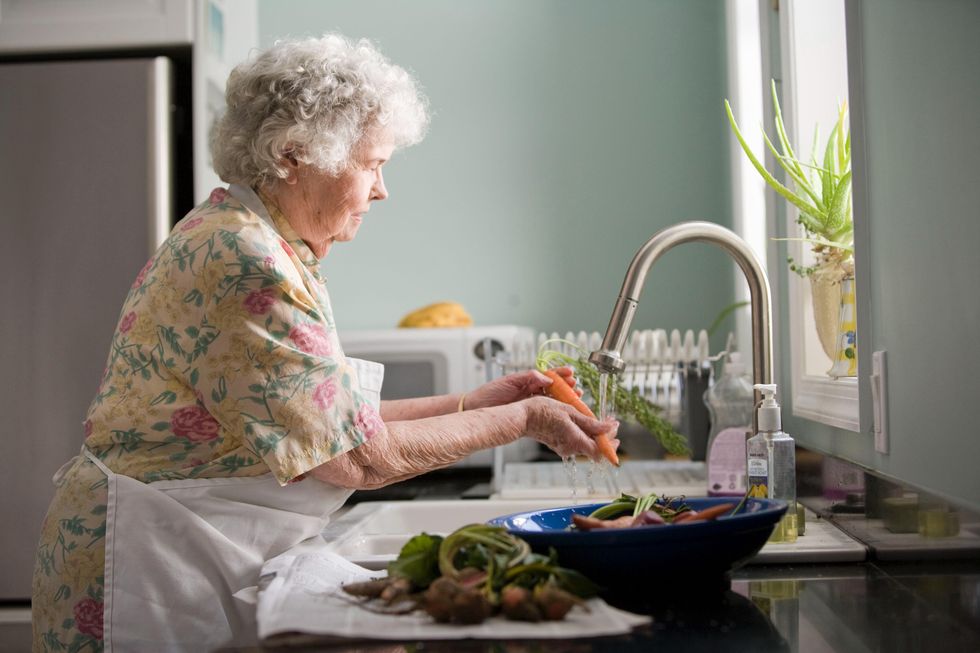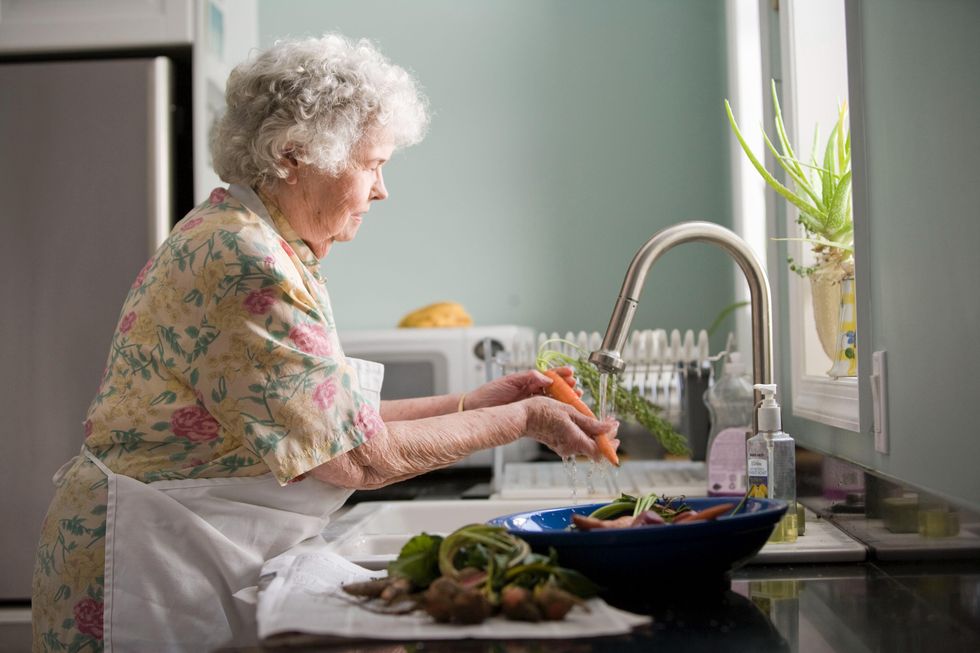Fresh fruit and vegetables are sprayed with pesticides in order to prevent insects and other harmful bacteria. However, large-scale industrial farming has changed the cultivation of our foods from what we used to know as all-natural to "fool proof". This includes industrial-grade chemicals that fight off fungus, insects, invasive plants, and other "pests".
What is exactly being sprayed onto fruit and vegetables?
Today's nonorganic produce are grown with pesticides, insecticides, rodenticides, herbicides, fungicides, and antimicrobials. While these chemicals may yield a great array of fruits and vegetables without the loss of product to erosion, they can be incredibly toxic to people and the environment.
What do these chemicals do?
Organophosphates are a widely used group of insecticides. They are commonly used on apples, peaches, nectarines, and so forth. The U.S. Department of Agriculture (USDA) reports that around eighty-one percent of crops are sprayed with this group of pesticides. While they are extremely effective at protecting crops from insects, the Center for Disease Control (CDC) reports that diazinon works by attacking acetylcholinesterase. This is an enzyme responsible for controlling nerve signals. Long term effects of this enzyme may cause confusion, anxiety, loss of memory, loss of appetite, disorientation, depression, and personality changes. Other symptoms such as weakness, headache, diarrhea, nausea and vomiting also may occur.


How do these chemicals affect us?
A study performed by the CDC high levels of organophosphates were found in children with leukemia. Other studies have found a strong connection between lymphoma, leukemia and pesticide exposure. A horrifying thought about human pesticide exposure is that they can accumulate over time in body tissues. This means that a low-level of exposure to these chemicals can build over time and become more and more toxic.
Other than organophosphates, water used to irrigate and wash produce can carry multiple pathogens including but not limited to: Salmonella, Escherichia coli (E.Coli), Vibrio cholera, Shigella, Cryptosporidium, and Giardia. Common fertilizers, like human or animal feces, as well as poor compost may be carrying these microorganisms into the fields where your fruit and vegetables are grown.

So, how do I clean my vegetables properly?
The U.S. Food and Drug Administration (FDA) recommends the following when cleaning your fruits and vegetables:
- Pick produce that is not bruised or damaged
- Pre-cut items should be refrigerated or on ice in store and at home
- Rinse your produce BEFORE you eat it
- Gently rub produce as you hold it under water
- Use a clean vegetable brush to scrub firm produce, such as watermelons
- Dry produce with a clean cloth or paper towel to further reduce bacteria that may be present
- Remove outermost leaves of a head of lettuce or cabbage
- Store perishable produce in the refrigerator at or below 40 degrees
These are just some basic steps to reducing the amount of exposure you may have to harmful microorganisms through your produce. It is highly suggested that you follow these steps with any fruits or vegetables regardless if they are "pre-washed" or home-grown. You never know what may lie on or beneath the surface of the vegetables and fruit you consume.



















